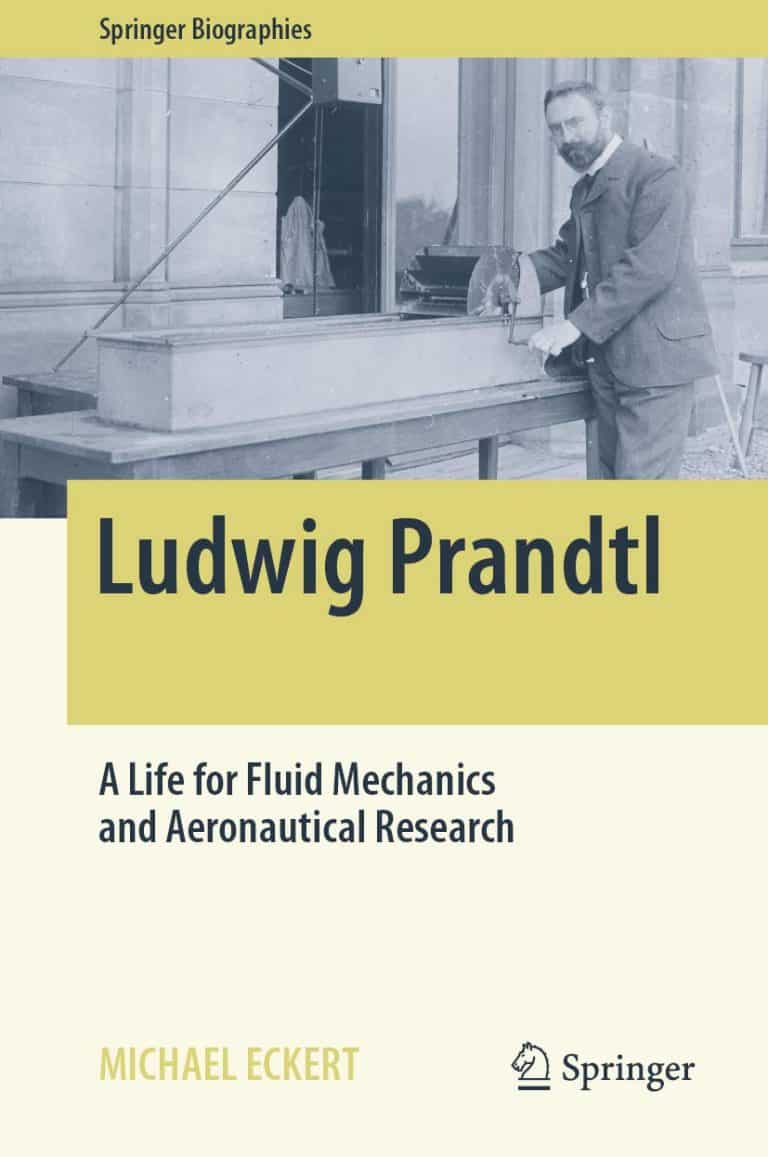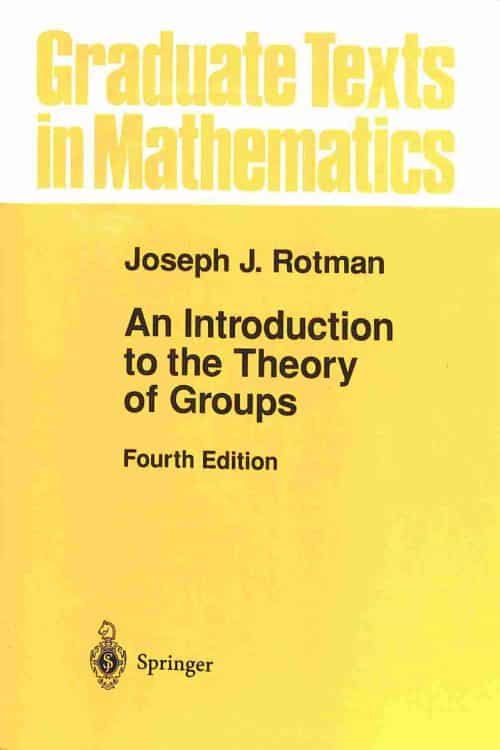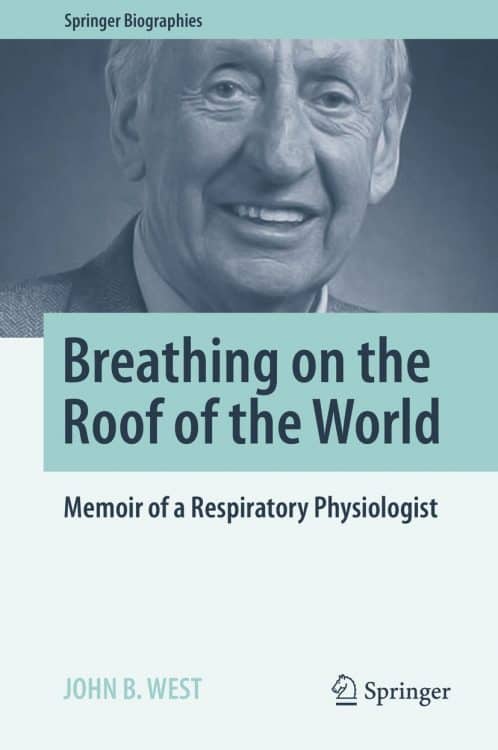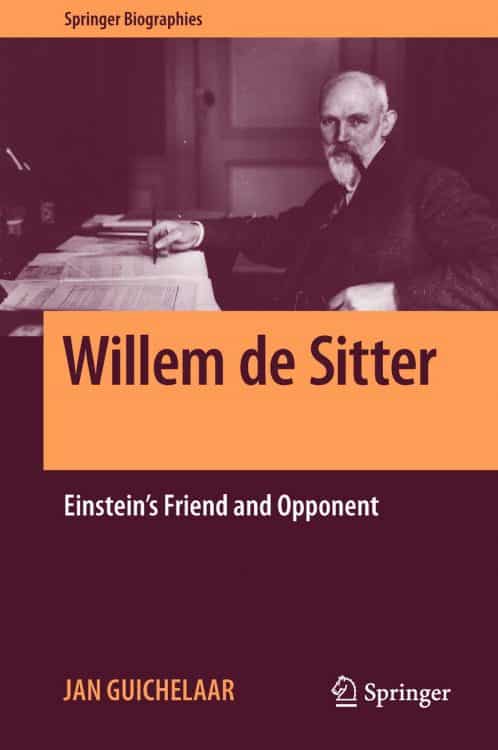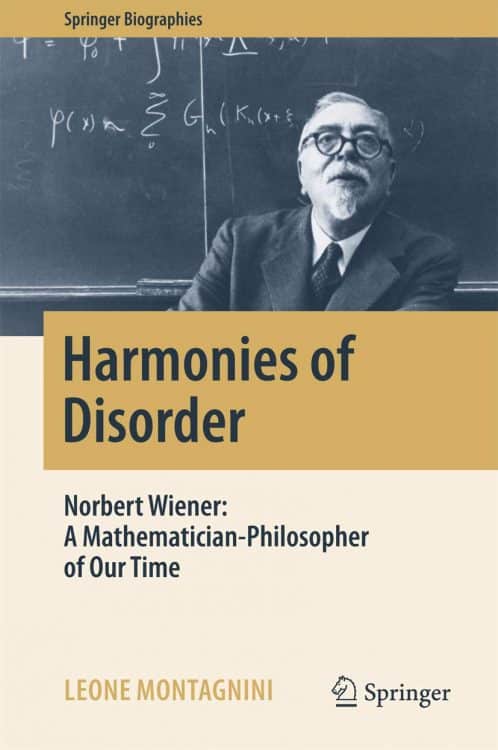“This is an in-depth biography of the man who is widely regarded as the “father of modern aerodynamics,” Ludwig Prandtl (1875-1953). His name is most commonly connected with the idea of a boundary layer, but he was also involved in the study of a number of other aspects of fluid mechanics in the 20th century, most notably turbulence (Prandtl’s mixing length). Some of the most influential figures in the development of modern fluid mechanics, such as Heinrich Blasius, Theodore von Kármán, and Walter Tollmien, are counted among his disciples. In addition, Prandtl planted the seeds for the development of fluid mechanics in Germany by establishing the Aerodynamische Versuchsanstalt (AVA) and the Kaiser-Wilhelm Institute for Stromungsresearch in Gottingen. Both of these institutions are located in Gottingen. However, Prandtl was also a representative of aeronautical research throughout Germany’s history, beginning in Imperial Germany and continuing through the Weimar Republic and into the “Third Reich.” Despite the fact that he was not a member of the party, he served in the capacity of a goodwill ambassador for Nazi Germany. All scientists and historians interested in learning more about Prandtl’s influence and the early development of fluid- and aerodynamics will find this objective treatment of his career interesting.”


